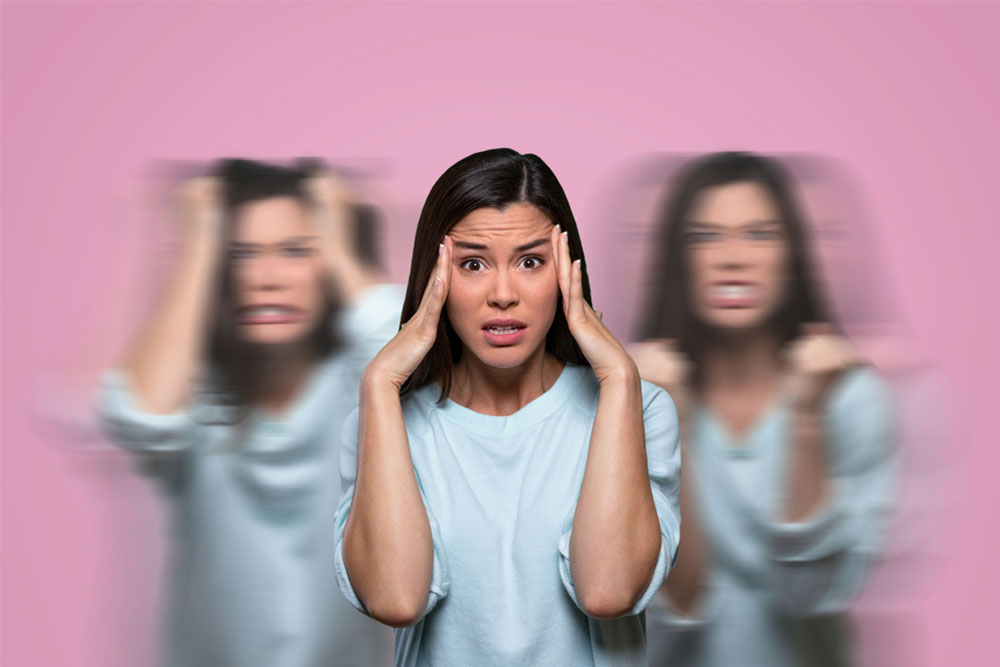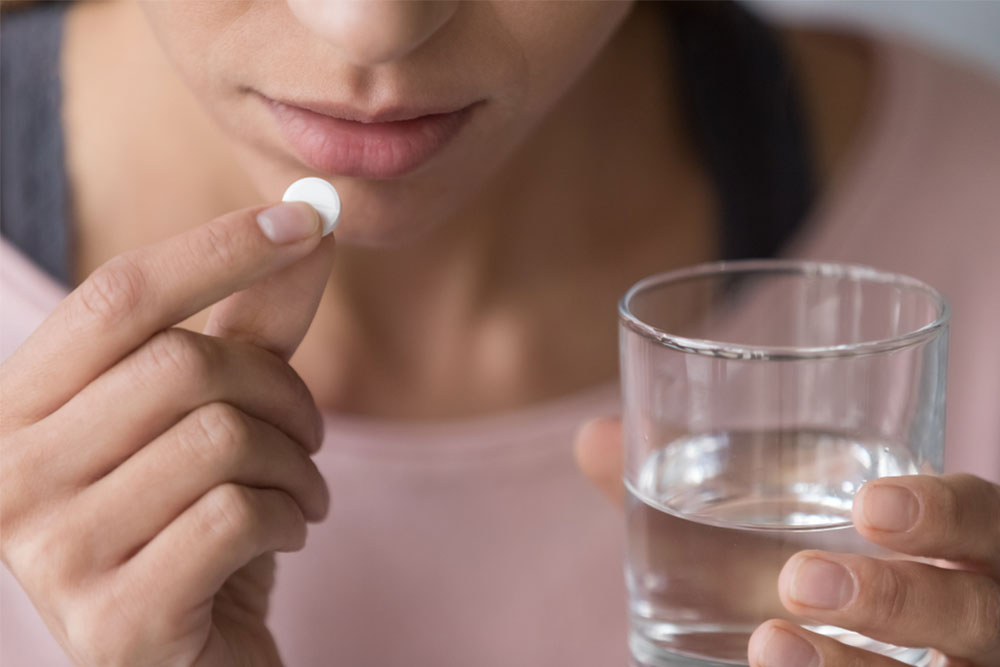It’s that time of the month. These six words are all women know and understand well. The thing is, every female body is unique, and so is every cycle—whether it’s the same person or not. While some women go about their regular routine without a hitch while on their period, there are some who have a really hard time getting out of bed. They feel down and out and have no energy, experience extreme mood swings, crave sweets and junk food more than usual, or experience a great deal of abdominal pain. This is what is known as premenstrual syndrome or PMS.

PMS is a condition that women experience five to 11 days before their menstrual cycle is set to begin. On average the symptoms of PMS last for days before onset of periods, rarely can they start a week prior, but always disappear when menses commence. It is a common condition that’s known to impact the emotional and physical well-being among almost 90 per cent of menstruating women, and tends to dissipate as the cycle ends. One cannot have PMS after their cycle. To label symptoms as PMS they have to be towards the beginning of the cycle.
While PMS may sound a little intimidating, a proper diagnosis at the right time, coupled with the appropriate healing techniques, can help to effectively deal with PMS.
Here is everything you need to know about PMS:
Causes
While there are no fixed causes for PMS, experts believe that it is a change in hormone levels that directly have an impact on one’s mood and physical health.
Signs and Symptoms
The emotional and behavioural signs include extreme mood swings and fatigue, tension or anxiety, insomnia, poor concentration, changes in appetite, food cravings, and changes in libido.
The physical symptoms of PMS include abdominal bloating, constipations or diarrhoea, headaches, acne flare-ups, sore breasts, and joint or muscle pain.
It is important to note that if not diagnosed in time, some symptoms of PMS may aggravate and lead to other issues. Dr. Vaishali Joshi, senior obstetrician and gynaecologist at Kokilaben Ambani Hospital, states, “While PMS doesn’t aggravate any physical conditions, it can definitely escalate mental health issues, specifically depression or anxiety disorders in some cases as there may be some hormonal imbalances.”
Treatment
To most people with a mild to moderate experience with PMS, a treatment might hardly seem necessary. In fact, experts suggest that a shift towards a healthy lifestyle may help take care of those unbearable cramps and mood swings. However, for some, pain management proves to be vital.
A natural way to go about treating PMS is to physically train your body through regular exercise, even during your periods. Sleep is important as well, so make sure that you get at least eight hours of sleep to decrease fatigue.

A healthy diet makes a healthy body so it is advisable to cut back on salt, sugar, caffeine, and alcohol, and include more fruits and vegetables. Keep yourself hydrated throughout the day by drinking plenty of water.

If your body is still struggling after making these changes, then you may consider some medications to help deal with PMS symptoms. Dr Joshi recommends, “Usually the medicines are prescribed for breast pain which is a common but distressing problem during PMS. Vitamin supplements like vitamin B1 or E, or Evening Primrose oil are usually tolerated very well. If symptoms are moderate, then hormonal pills can be used. Occasionally, for behavioural symptoms, antidepressants (SSRI medicines) like Citalopram can be prescribe after a thorough medical assessment. Non-steroidal anti-inflammatory drugs (NSAIDs) like ibuprofen, water pills, or diuretics are commonly used to relieve symptoms a few days before periods.”

Tracking your cycle can greatly help you understand the signs and symptoms of PMS. “You should reach out to your doctor if the symptoms continue for two or more consecutive cycles and impairs your daily activities,” advises Dr Joshi.